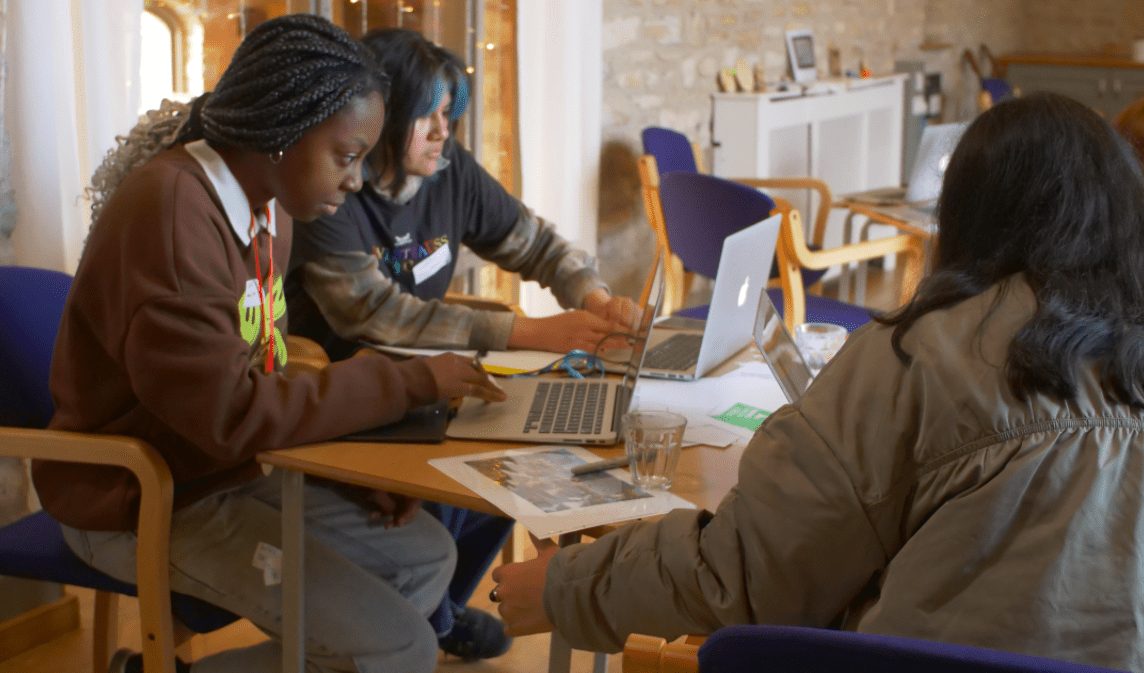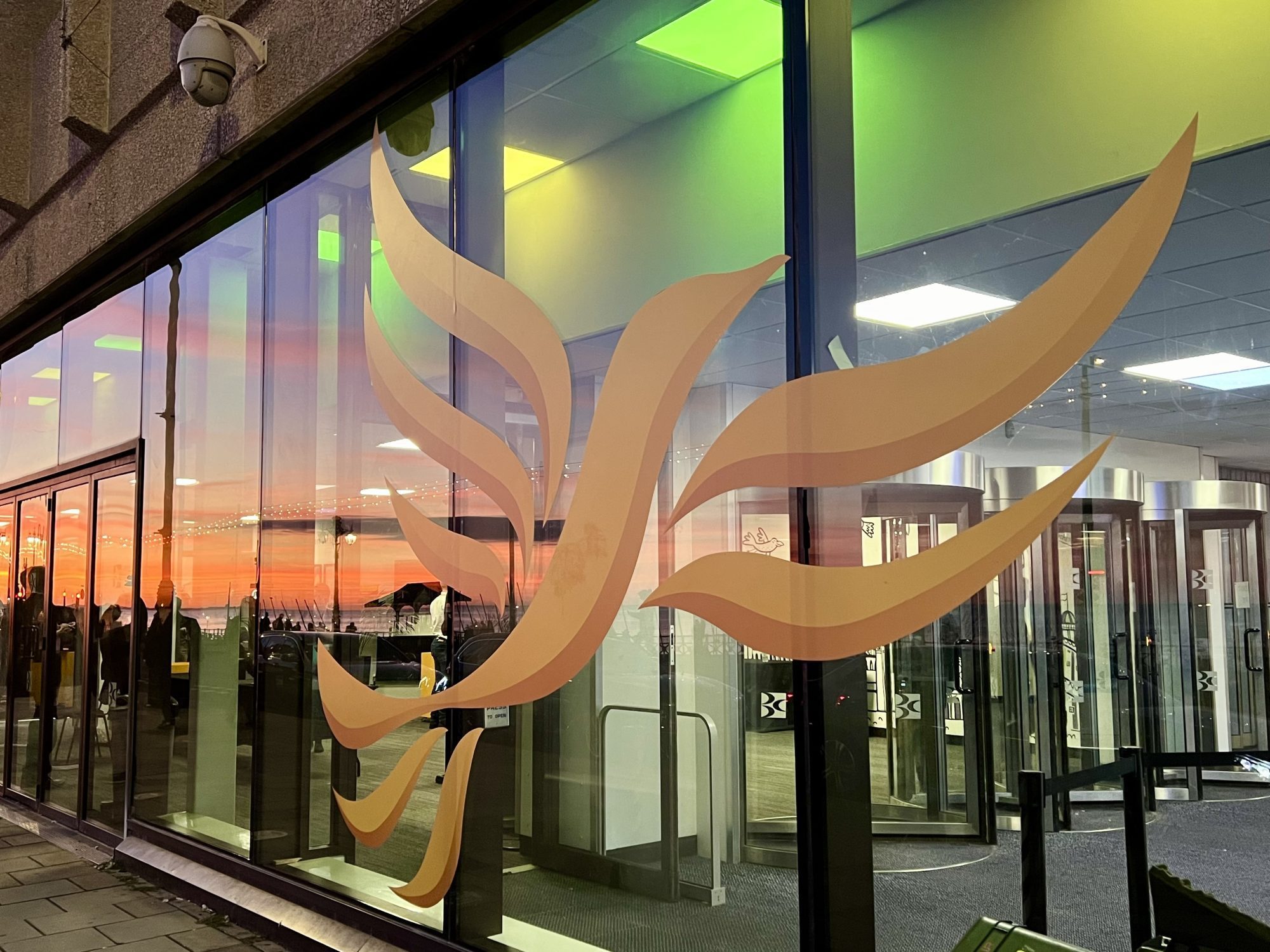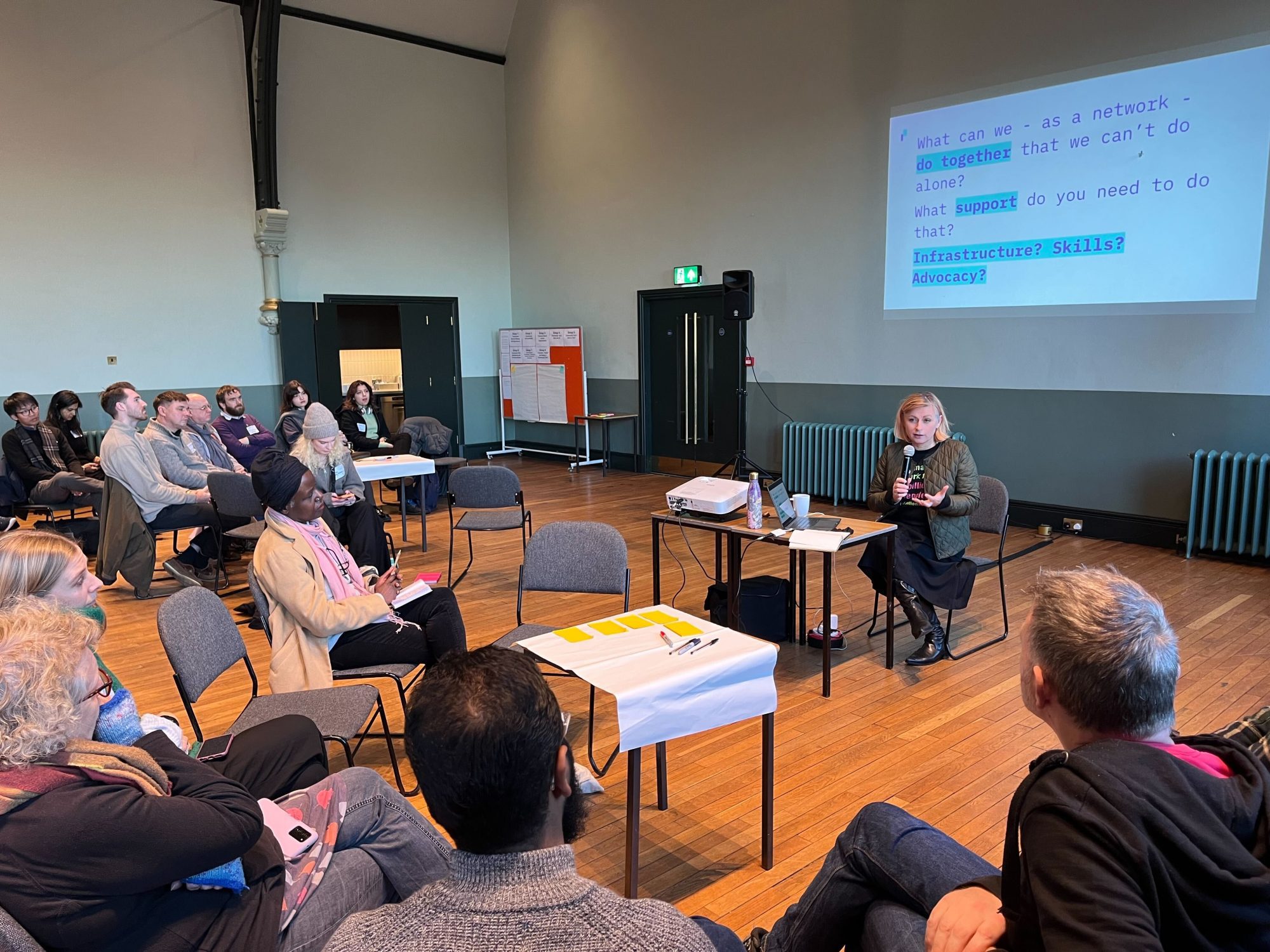
Melissa Mean
Director, WeCanMake
Why is a £1billion sector being systematically ignored by government and investors? A new report by Power to Change maps the fragmented and arid funding landscape that the UK’s community businesses are forced to navigate. Whether it’s a community-owned solar farm, or a community trying to build affordable homes, or community-run pub, the struggle is the same. Community businesses need access to funding and investment to start, sustain, and scale their brilliant idea.
As outlined in the report, communities are often overlooked as economic actors. Community businesses are not backed in the same way as traditional businesses. This reduces their access to subsidies and support that help attract further investment. The result? Communities are held back, left tinkering at the edges of funding and finance. They’re often forced to spend an indecent amount of time stitching together a ragbag of different pots of money to make their work possible. One community business I talked to reported that they had over 100 such pots. The admin of managing them all is a massive drain on staff time and productivity.
Prioritise investment in communities
If we are serious about financing the future economy, leaving community businesses on the sidelines is not an option.
It flies in the face of the evidence of what works. When communities have a say over their local economy’s future, regeneration efforts stick. In Onward’s review of the last 60 years of government regeneration programmes, only those that actively involved communities and invested in them – and the social infrastructure they provide – created and sustained any meaningful positive economic change.
We also need to engage with the kind of economic future we are facing if we are to avert planetary and human disaster. With rapidly rising inequality, six out of nine planetary boundaries breached, and the likelihood of 3 degrees temperature rises, we need to start moving money and resources in radically different ways. Civic Square’s stark yet radically hopeful 3 Degree Neighbourhood report lays out the kind of neighbourhood-scale community-led infrastructure required to face our climate futures. Community-led businesses could and should be playing a leading role here.
Taking on more risk for less
My own experience as a founder of a community business highlights the level of risk that is being unduly imposed on entrepreneurism for the common good, especially when compared to entrepreneurism for private profit.
WeCanMake is a community land trust in Bristol. We have a community microfactory where we use biomaterials and digital fabrication tools, and train local people to make low carbon 100% affordable homes, all delivered at the ‘point of need’ by unlocking small urban infill sites. We’ve delivered two homes so far and have 40 more homes in the pipeline.
The value of creating homes in this community business way is significant. Our build costs are similar to a commercial developer, around £2400 per square meter. But rather than treating the home as a financial product to be traded and extract a profit from, we are motivated by how much wider social value the homes generate. Things like jobs created, carbon saved, and increases in health and wellbeing. We used industry recognised tools, HACT and TOMs, to count up the social value of our first two homes. They came to over £3600 of social value generated per square meter. As the out-going Mayor of Bristol, Marvin Rees, said, “It’s like getting the homes for free.”
The problem is that the way financial rules and incentives are currently set, the system cannot see us, value us, or – ultimately – invest in us. The only finance we could secure to build our homes was a short-term high-cost social finance loan. We knew we couldn’t afford it beyond the 18-month, interest free loan period. We gambled on being able to refinance on a lower cost loan once the homes were built. But then the war in Ukraine happened. And an economy-crashing mini budget. We are currently using our modest reserves to service the loan while we seek other options.
Making finance work for community business
WeCanMake’s experience is unfortunately the norm. At a recent event hosted by Power to Change, community businesses shared similar difficulties in securing long-term development loans. Some were only offered loans at 8-9% interest rates, much higher than the 3-4% interest rate loans generally available to a commercial company or a housing association. This disparity can be crippling for a community’s dreams of innovation and enterprise.
But there are ways to make finance work for community business.
Government needs to invest further
First, government needs to take an active market shaping role, using its resources, tax incentives, and funding to attract further investment for future-facing enterprises. Part of making this shift lies in ending the myth that there is no government money. The reality is that the UK government spends a huge amount on subsidies to business: in 2021, £258 billion went on subsidies, dwarfing any government grants given to communities.
The problem is that those subsidies tend to go on the wrong things – things that don’t feel very future facing. For example, Drax, the nuclear power firm, gets almost £1 billion a year in direct government subsidies to import and burn timber for fuel. All that stored up carbon is gone in a puff. What if, instead, that subsidy was used to co-invest in community-led solar and wind farms? Or investing in a hundred community microfactories across the country, each one using biomaterials to make affordable homes and locking up the carbon for decades.
Match investment with capacity support
Second, investors need to value investment in capacity. When it comes to finance, there is lots of talk about capacity building. But it tends to focus on the work to be done by community businesses – to prove their worth and investment readiness. There needs to be as much, if not more, work on the side of lenders and investors to understand the community business sector, its potential, and how to be a good collaborator. It should be as easy and low cost for a community-led housing scheme to secure finance as it is for a private individual to get a buy-to-let mortgage or a developer to get finance for a block of student flats.
There are encouraging signals from the market to support this shift. There is growing demand for ESG investment being driven by the search for better long-term financial value and growing awareness of the risks of the climate emergency. And a growing interest in more place-based investment. For example, government set a target at the end of 2023 Local Government Pension Fund Scheme funds to make 5% of their funds place-based investments. Community businesses, which by their very being are rooted in a place and grounded in the long-term needs of their neighbourhoods and communities, should be seen as the natural vehicle for place-based investment.
See community business as big players
Third, there needs to be a shift in perceptions of scale. There is a misconception that community businesses are one-off projects or limited to a nice bit of trading by volunteers on a Sunday. Community business is much bigger and bolder than that.
Over the past year, I have been working with an emerging network of community asset developers who are all focused on neighbourhood scale transformation through community enterprise, infrastructure, and ownership. Brilliant groups like Hastings Common, Nudge Community Builders in Plymouth, Onion Collective in Watchet, MAIA Group, and Civic Square in Birmingham. From public living rooms and renewable energy project, to artist hotels and community-led housing, community businesses are making big impacts in their local area.
What if this activity was properly recognised as an asset class? What if the community business sector was properly capitalised? The value return would not just be financial, but also Civic Square show the surpluses these community asset developers create in people’s lives, neighbourhoods, and wider society through the connection, joy, agency, and sense of collective well-being they generate. All vital things that any future economy that’s worth fighting for and investing in needs.
Work with us
It’s our plan – with the support of Power to Change – to start finding some answers to these ‘what if’ questions. Can we establish what community asset developers are doing as an investable asset class? Could we mutualise our assets to create scale and secure better investment terms? How can we bring in long-term lenders, such as mortgage lenders and pension funds, to work alongside us?
If you are a community asset developer or a long-term lender who is interested in these questions and up for some exploring, learning, and prototyping, please do get in touch.



